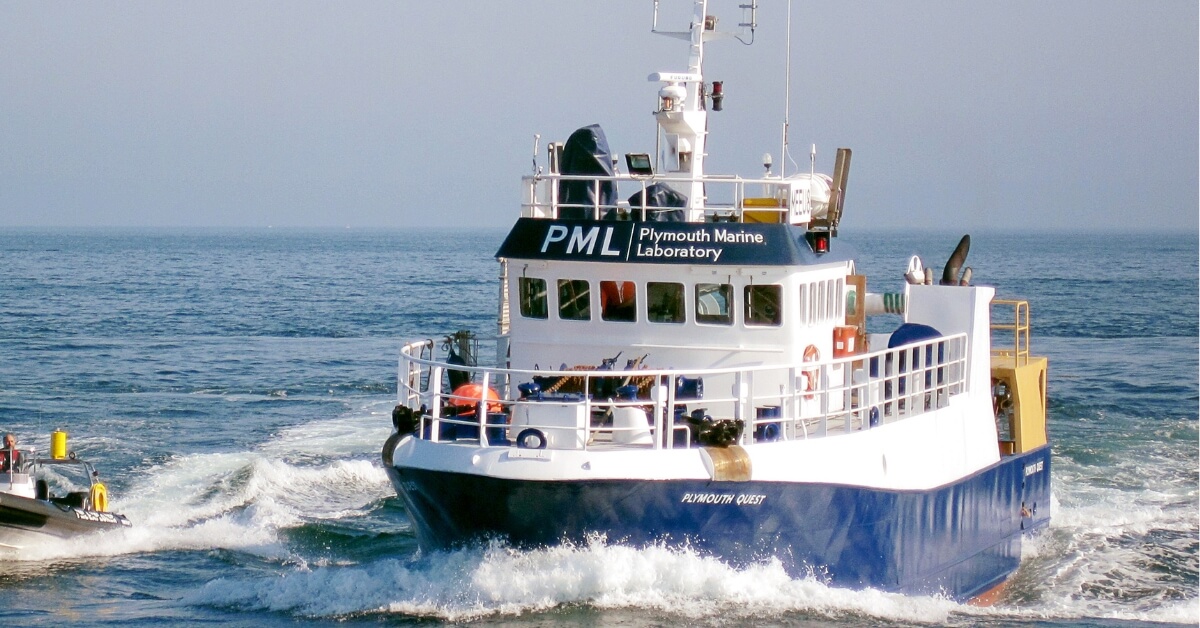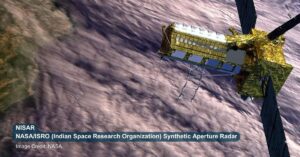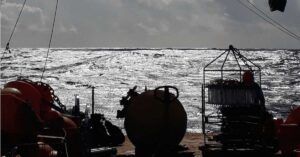Plymouth Marine Laboratory's Commitment
Continue to identify in collaboration with relevant stakeholder the data and evidence needs for mitigation and adaptation strategies and provide evidence towards the prioritisation of these, from local to global, and share these with these with further stakeholders (Outcome 2).
Maintaining the Western Channel Observatory (WCO) carbonate chemistry time series which documents rates and trends of ocean acidification in the Western English Channel (Outcome 1). PML will continue to use these observations to provide marine acidity data for the UK to the SDG 14.3 reporting process (Outcome 7).
Maintaining the WCO as an integrated marine observing system and also collect a number of key pelagic and benthic biological timeseries alongside its environmental and chemical measurements (Outcome 3). We will use these datasets to continue exploring the biological consequences of ocean acidification (Outcome 4).
Continue undertaking research to further the understanding on the topic in addition to strengthening as well as seeking new and innovative ways (e.g. Earth Observations, new autonomous in-situ systems) to measure and monitor ocean acidification (Outcome 1).
Continuing to use our expert knowledge of the carbonate system, and biological responses, to develop new biological and biogeochemical models and use them to create high resolution projections of ocean acidification that are required by stakeholders (Outcome 5).
Developing ways to reduce the complexity and computational costs of producing future OA projections, increasing the number of ocean professionals capable of generating and interpreting their own projections (Outcome 5).
Continuing to communicate, educate and advise the public through engagement activities with other Ocean Literacy professionals (Outcome 6)
Continue to provide written and oral evidence to political stakeholders at national and international levels (Outcome 7), such as, but not exclusive, through OSPAR, the CBD AHTEG, UNFCCC, the International Cryosphere Climate Initiative (ICCI) High Urgency Group, the UK National Partnership for Ocean Prediction
Relevant OARS outcomes
Outcome 1: Quality Data
Outcome 2: Science to Action
Outcome 3: Observing Strategies
Outcome 4: Biological Impacts
Outcome 5: Future Projections
Outcome 6: Public Awareness
Outcome 7: Policy Engagement
OARS programme support (e.g. funding)
Ocean Basin
Global
North Atlantic




